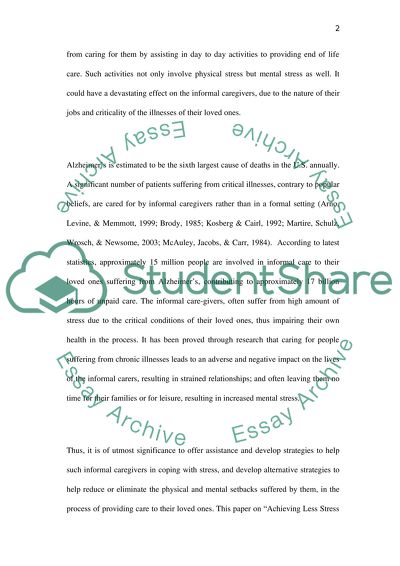Cite this document
(“Achieving Less Stress in the Lives of Informal Caregivers of Adult Research Paper”, n.d.)
Retrieved from https://studentshare.org/family-consumer-science/1417231-acheiving-less-stress-in-the-lives-of-informal
Retrieved from https://studentshare.org/family-consumer-science/1417231-acheiving-less-stress-in-the-lives-of-informal
(Achieving Less Stress in the Lives of Informal Caregivers of Adult Research Paper)
https://studentshare.org/family-consumer-science/1417231-acheiving-less-stress-in-the-lives-of-informal.
https://studentshare.org/family-consumer-science/1417231-acheiving-less-stress-in-the-lives-of-informal.
“Achieving Less Stress in the Lives of Informal Caregivers of Adult Research Paper”, n.d. https://studentshare.org/family-consumer-science/1417231-acheiving-less-stress-in-the-lives-of-informal.


